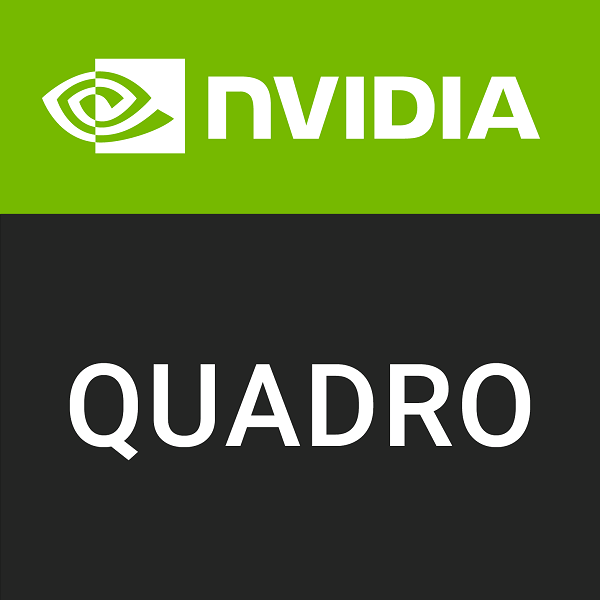Quadro K5000 SYNC vs GRID M10 8Q
We compared two Professional market GPUs: 4GB VRAM Quadro K5000 SYNC and 8GB VRAM GRID M10 8Q to see which GPU has better performance in key specifications, benchmark tests, power consumption, etc.
Main Differences
Quadro K5000 SYNC 's Advantages
Larger VRAM bandwidth (172.8GB/s vs 83.20GB/s)
896 additional rendering cores
Lower TDP (122W vs 225W)
GRID M10 8Q 's Advantages
Released 3 years and 4 months late
Boost Clock1306MHz
More VRAM (8GB vs 4GB)
Score
Benchmark
FP32 (float)
Quadro K5000 SYNC
+29%
2169
GRID M10 8Q
1672
Graphics Card
Jan 2013
Release Date
May 2016
Quadro
Generation
GRID
Professional
Type
Professional
PCIe 2.0 x16
Bus Interface
PCIe 3.0 x16
Clock Speeds
-
Base Clock
1033 MHz
-
Boost Clock
1306 MHz
1350 MHz
Memory Clock
1300 MHz
Memory
4GB
Memory Size
8GB
GDDR5
Memory Type
GDDR5
256bit
Memory Bus
128bit
172.8GB/s
Bandwidth
83.20GB/s
Render Config
1536
Shading Units
640
128
TMUs
40
32
ROPs
16
16 KB (per SMX)
L1 Cache
64 KB (per SMM)
512 KB
L2 Cache
2 MB
Theoretical Performance
22.59 GPixel/s
Pixel Rate
20.90 GPixel/s
90.37 GTexel/s
Texture Rate
52.24 GTexel/s
2.169 TFLOPS
FP32 (float)
1.672 TFLOPS
90.37 GFLOPS
FP64 (double)
52.24 GFLOPS
Board Design
122W
TDP
225W
300 W
Suggested PSU
550 W
2x DVI
2x DisplayPort 1.2
1x SDI
Outputs
No outputs
2x 6-pin
Power Connectors
1x 8-pin
Graphics Processor
GK104
GPU Name
GM107
-
GPU Variant
GM107-570-A2
Kepler
Architecture
Maxwell
TSMC
Foundry
TSMC
28 nm
Process Size
28 nm
3.54 billion
Transistors
1.87 billion
294 mm²
Die Size
148 mm²
Graphics Features
12 (11_0)
DirectX
12 (11_0)
4.6
OpenGL
4.6
3.0
OpenCL
3.0
1.1
Vulkan
1.3
3.0
CUDA
5.0
5.1
Shader Model
5.1


